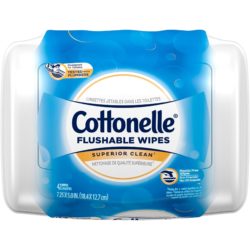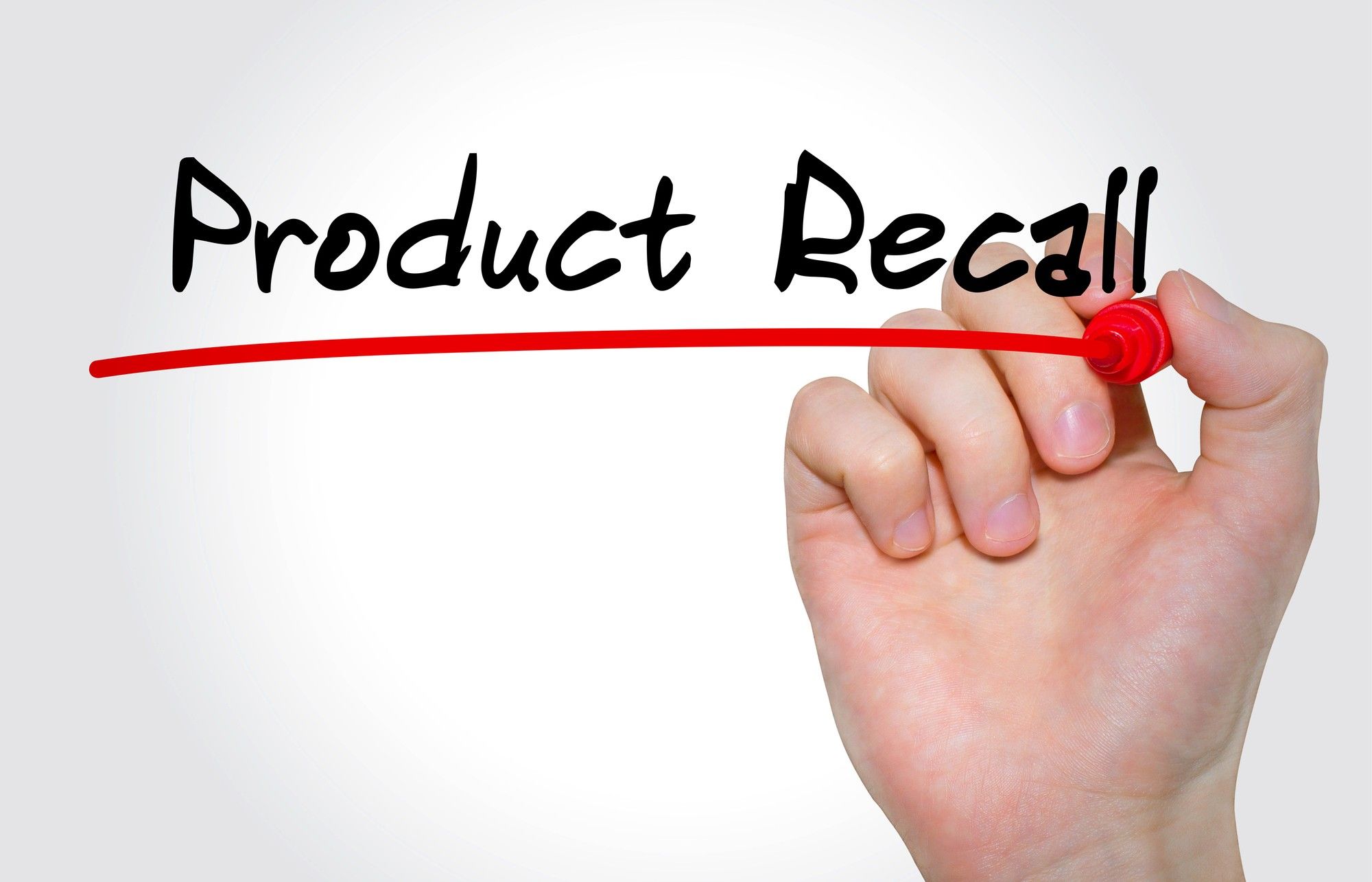Top Class Actions’s website and social media posts use affiliate links. If you make a purchase using such links, we may receive a commission, but it will not result in any additional charges to you. Please review our Affiliate Link Disclosure for more information.
UPDATE: On Oct. 16, 2020, two Cottonelle flushable wipes users filed a class action lawsuit after Kimberly-Clark recalled some of the product due to possible bacterial contamination.
Kimberly-Clark has issued a Cottonelle Flushable Wipes recall over concerns that two varieties of the wipes could be contaminated with bacteria.
The products affected by the recall are Cottonelle Flushable Wipes and Cottonelle and GentlePlus Flushable Wipes, according to the recall notice on Cottonelle’s website.
The Cottonelle Flushable Wipes recall affects products sold throughout the United States, Canada, and the Caribbean, and is limited to specific lots manufactured between Feb. 7, 2020, and Sept. 14, 2020.
No other Cottonelle products are affected by the recall, according to the company. Products not included in the Cottonelle Flushable Wipes recall are safe to use.
The company says the products could show the presence of Pluralibacter gergoviae, a naturally occurring bacterium that lives in the environment as well as the human body.
While it’s rare for Pluralibacter gergoviae to cause a serious infection in healthy people, those with weakened immune systems are at a greater risk of infection.
So far, the company has only received what it calls a “low rate of non-serious complaints, such as irritation and minor infection.”
According to Self, Kimberly-Clark points out this bacteria is not related to COVID-19, and so consumers are not at risk of contracting coronavirus from the products affected by the Cottonelle Flushable Wipes recall.

Self points out that wet wipes can cause irritation even in the absence of bacterial contamination. Related symptoms include itching, dermatitis or skin inflammation.
And according to the Environmental Protection Agency (EPA), flushable wipes can wreak havoc on plumbing and septic systems as well as the environment.
In fact, municipalities have gone so far as to ask people to stop buying the wipes altogether.
In Evansville, Wisconsin, sewage workers have requested that consumers stop using the wipes because they allegedly do not dissolve easily and clog the sewer system.
They say human waste and toilet paper are the only things that should ever be flushed because the sewage system is not designed to handle other materials. In addition, the Evansville Public Works Department started a “No Wipes Down the Pipes” campaign in an effort to moist disposable wipes out of the sewer system.
The Federal Trade Commission (FTC) also has taken an interest in the damage caused by flushable wipes.
The FTC and Nice-Pak, which manufactures similar wipes for Target, CVS, and other brands, have agreed to no longer advertise the wipes as flushable without evidence that the product will break down shortly after being flushed.
While Nice-Pak says the agreement only covers a discontinued product, the FTC claims it will help prevent consumers from having to fix clogged toilets and repair other damage.
Consumers wondering if the Cottonelle Flushable Wipes recall affects a product they purchased can check the lot number by visiting the Cottonelle website.
The lot code, lot number and lot designator appear on the bottom of the product package.
The company says there is no need to return the product to a store, and consumers should instead contact customer service.
Those who have submitted a request for reimbursement should receive it in three to six weeks.
Consumers may contact Kimberly-Clark consumer service at 1-800-414-0165 between 8 a.m. and 9 p.m. Central Monday through Friday, or 8 a.m. to 6 p.m. Saturday and Sunday.
They also can contact the company about the Cottonelle Flushable Wipes recall by using the online contact form on the website.
Have you purchased one of the lots affected by the Cottonelle Flushable Wipes recall? Tell us what you think in the comments.
Read About More Class Action Lawsuits & Class Action Settlements:
















87 thoughts onKimberly-Clark Issues Cottonelle Flushable Wipes Recall Due to Possible Contamination
I purchased these as well and have all my transactions on my Amazon account. They caused me to have a UTI. I was treated by my Dr and then I’ve had nothing but issues with my stomach and bowel ever since. I’ve been in the hospital for my pain in my GI tract and I stay sick to my stomach. I itch a lot all over and also my outer vag area will be itchy quite a bit and breaks out with a rash. I’ve never experienced anything like this until after these wipes and cottonelle the only ones being order and used. I’m disappointed and extremely disgusted they act like paying us back for just a few upc codes is going to be good enough. What about all the pain and suffering we are going through and the sleepless nights. Or all the boxes and packages they refuse to pay people back for bc people threw those out bc not everyone hoards their trash. Or the Dr. bills that they aren’t paying and the fuel and mileage we are putting on our vehicles to run back and forth to our Drs and other Drs to try and get this figured out. In small towns Drs don’t even know what the heck this is or how to test for it I don’t believe. Do people are left suffering I guess until a Dr figures it out or something they get in even worse shape and just how far can this mess someone up like me with a low immune system!!!
I suffered for three months and then some from using the Cottonelle wipes. My doctor prescribed a steroid topical ointment, but it took forever for it to stop itching. It was a vicious irritating itch that would not go away. I suffered many sleepless nights trying to deal with the discomfort and pain. I am left with darkened upper thighs. My doctor said that the discoloration would go away. It has not after seven months. I want to be a part of this class action if it comes to that.
Please add me
Stop with the add me! Y’all don’t read at all!
Itchy and red vaginal area and inner thighs please add me
I used these sometimes during Covid when there was no toilet paper on the shelves. As if the virus wasn’t enough to deal with.
Add me
EVERYONE KEEPS SAYING ADD ME WTH!! YOU HAVE TO FILL OUT A CLAIM FORM THE ADMINISTRATER HAS NO IDEA WHO YOU ARE OR YOUR ADDRESS. COME ON PEOPLE THINK! ADD ME. HAHA FILL OUT THE FORM WITH ALL YOUR INFO